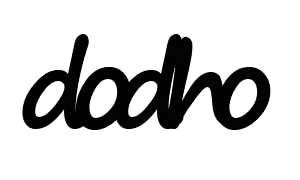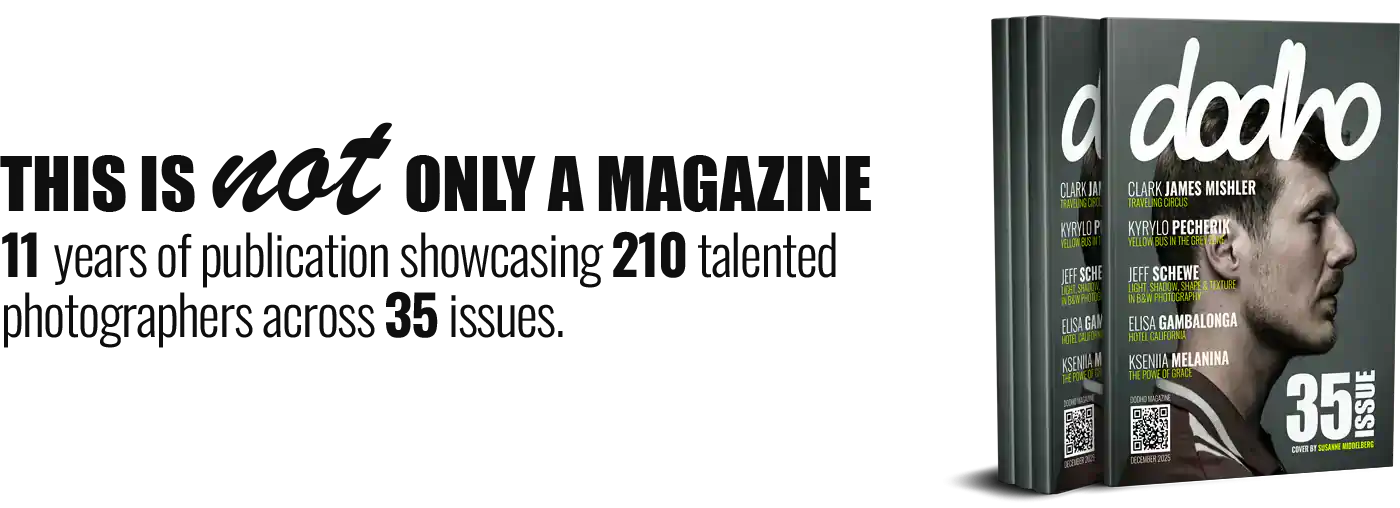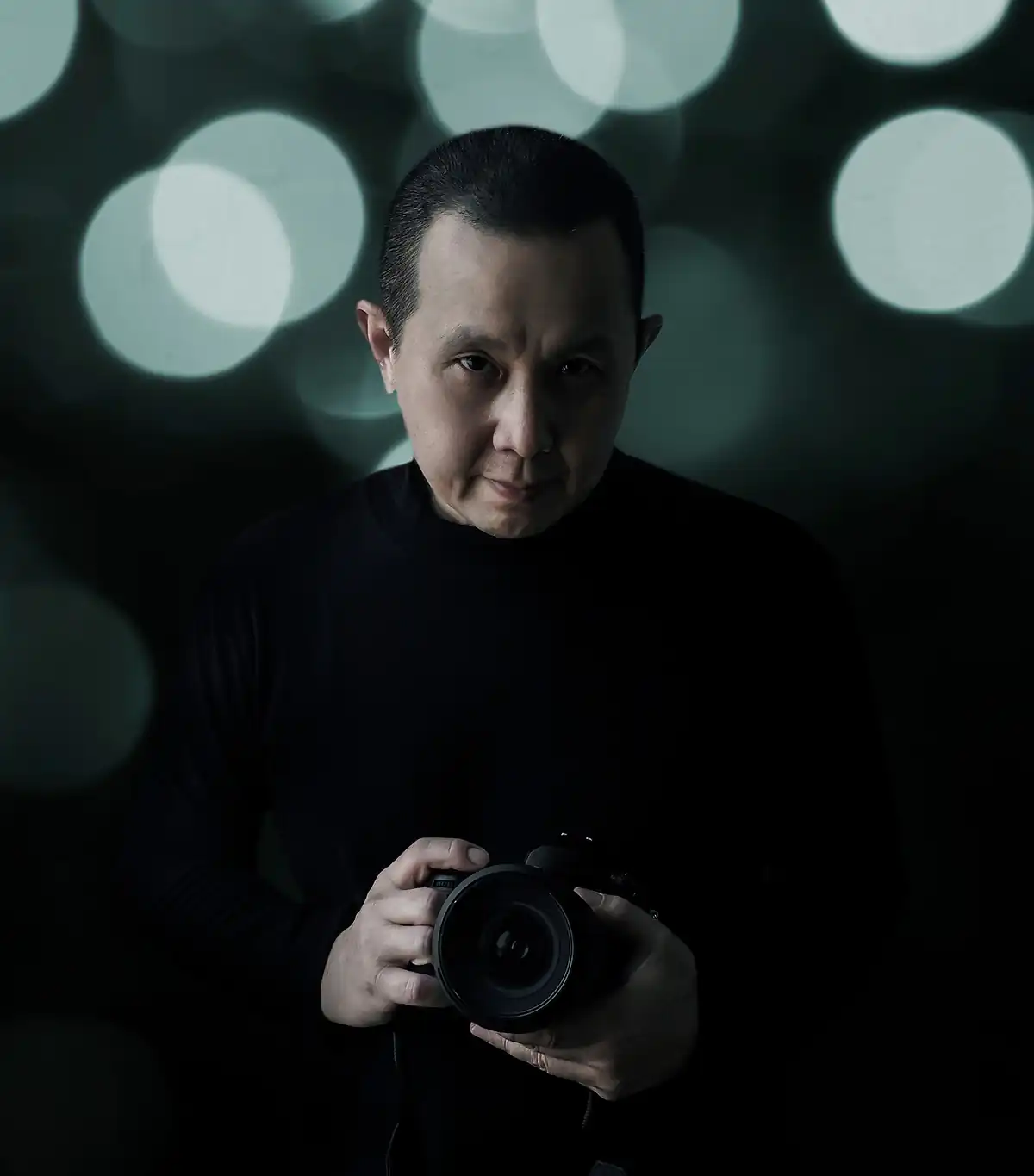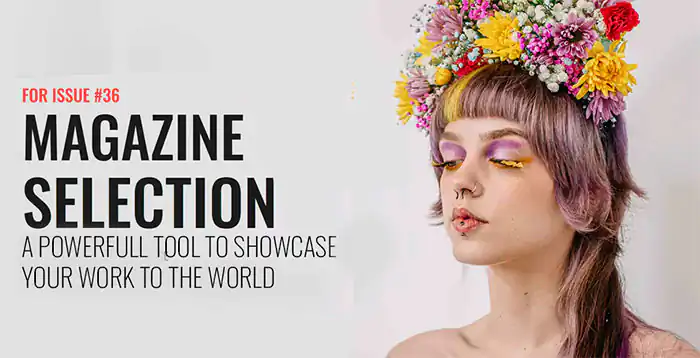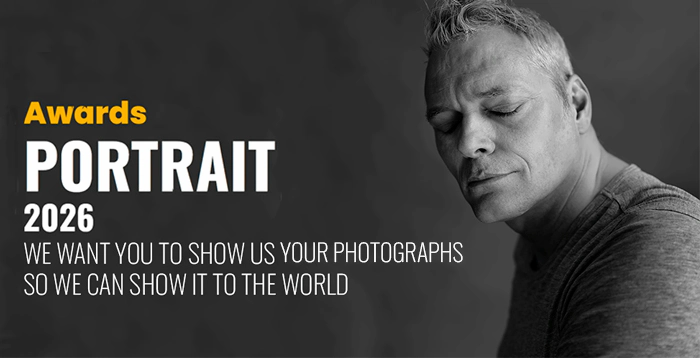What happens when the human eye meets the machine’s vision?
In a time when algorithms can generate images, retouch portraits, and even imitate artistic styles with uncanny precision, photography finds itself at a crossroads. Is artificial intelligence a threat, a tool, or the next chapter in visual storytelling?
In this special series, we invite some of the world’s most respected photographers to reflect on how AI is reshaping the craft, ethics, and future of photography. Through intimate and thought-provoking interviews, they share their concerns, hopes, and personal experiences within a rapidly shifting creative landscape.
In this edition, Indonesian photographer Hardijanto Budiman, also known as Hardibudi, offers his deeply personal and artistic perspective on the challenges and possibilities that this new technological era brings.
Hardijanto Budiman, better known as Hardibudi, is a self-taught Indonesian photographer born in Jakarta in 1968 and currently based in the peaceful township of BSD City, forty kilometers west of the capital. Originally passionate about drawing and painting, he discovered photography in the early 2000s and soon embraced it as his primary means of artistic expression. Deeply influenced by surrealism and poetic imagery, his work often presents meticulously staged scenes where emotion, imagination, and precision merge into striking visual compositions.
His photographs resemble visual poems—carefully retouched, stripped of superfluous elements, and built around bold primary colors and clean lines. Subjects are often frozen in motionless poses, dissolving any hierarchy between figure and space and creating a visual language that is both minimalist and emotionally charged.
Hardibudi’s work has been widely published in outlets such as Forbes, Vogue, DPReview, Pro Photo Daily, Digital Camera Magazine, Photographize Magazine, Detik, Kompas, and China Photo Press. He has received more than 300 international awards, including Creative Photographer of the Year at the Siena International Photography Awards in 2020, Hasselblad Master Finalist in 2021, Grand Prize Winner of the American Photography Open in 2021, and National Champion in the Sony World Photography Awards in 2018, 2019, and 2021.
To what extent can Al be regarded as a creative tool rather than merely a technical aid in photography?
The time A.I possible to generate images which photography couldn’t reach to create.
How would you define the value of human intuition versus algorithmic calculation in creating an image?
lt’s all about on what level do you value the process? Most traditional photographers are highly value effort of the process, while A.I users mostly didn’t.
Do you think the rise of image generators will reduce demand for conventional photography or make it more valuable?
lt’s difficult to predict, maybe in 5-6 years later, not in the recent 2-3 years
Do you see Al as a creative partner oras direct competition?
My opinion as creative partner.
Do you see Al asan ally for telling more complex visual stories oras a shortcut that impoverishes narrative?
As a shortcut that improving narratives.
How far should regulation go on transparency in image generation and editing?
Copyright issue is very complicated. Need a lot of synergy & hard works either from regulation makers ( Government) to photography industry itself.
If tomorrow an Al produced images indistinguishable from yours, how would you defend your authorial signature?
Sooner or later it will happen, 1 choose to adapt to the situation. Fight for something you can’t change only makes you stress.
Do you think the arrival of Al will force a rethink of traditional photography contests and awards?
As a solution why don’t you create a sub A.I category? So either traditional photographers and A.I users has an equal chance to participate.
Which new competencies, technical or conceptual, would you advise the next generation of photographers to develop?
People loves watching movies all the time. 1 think in future photographers need more to learn how to create story telling photographs.
lf you had to describe the ideal state of coexistence between photographer and Al in 2035, what would it be?
Decades a go, the first time photoshop introduced to photographers, there were a lot of pro-contra about this issue, then
few years later most photographers using photoshop as a common tools. 1 think 1 O years later it will go the same, time will tell!
